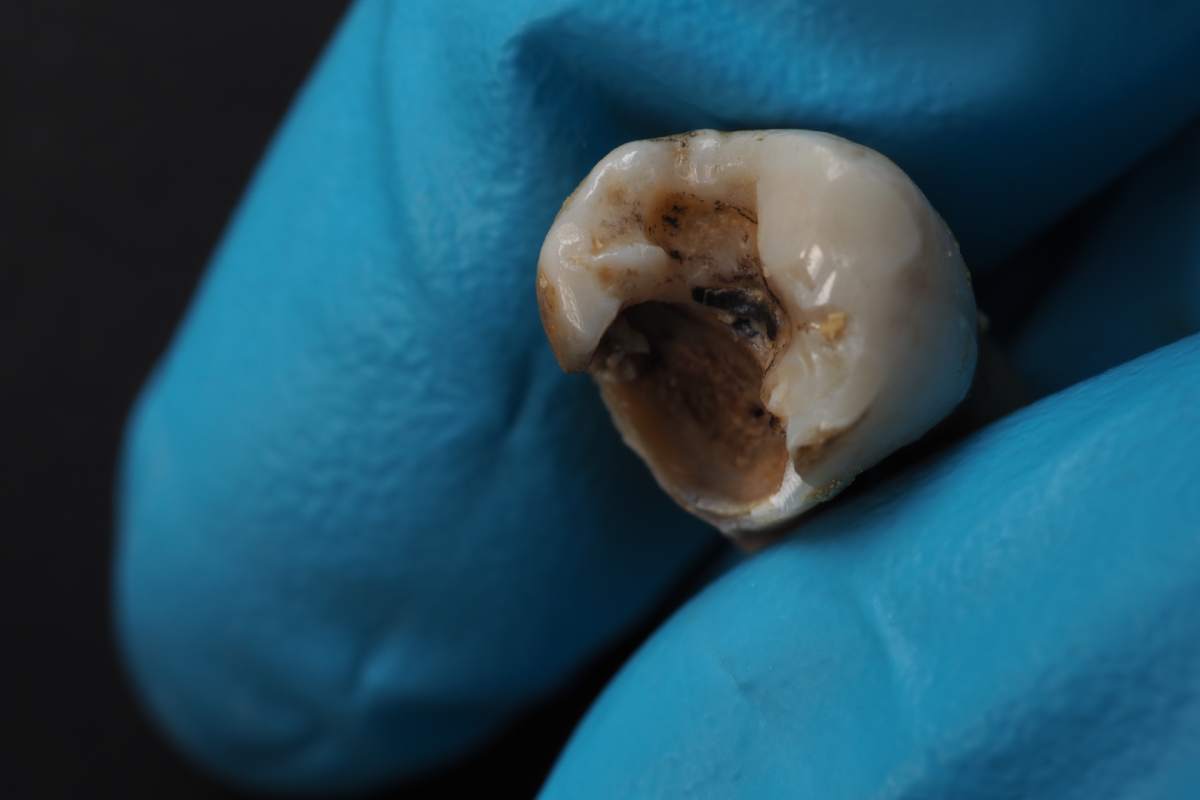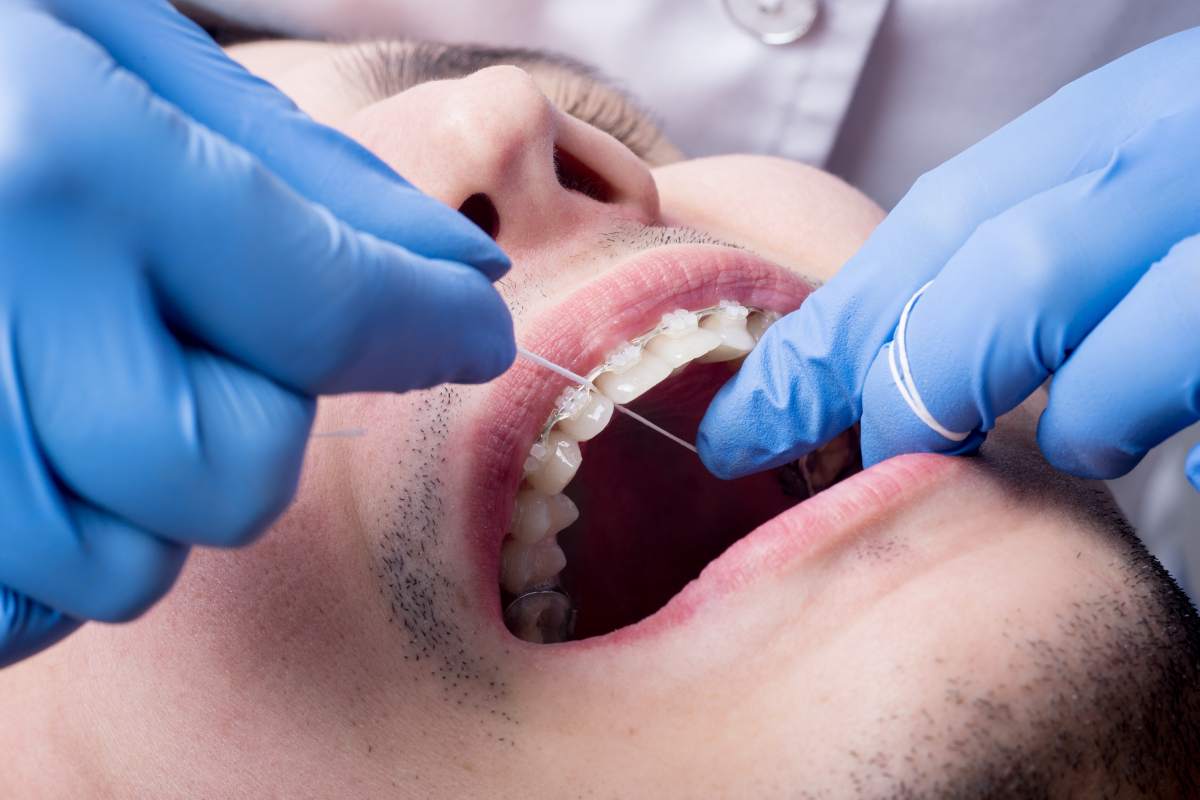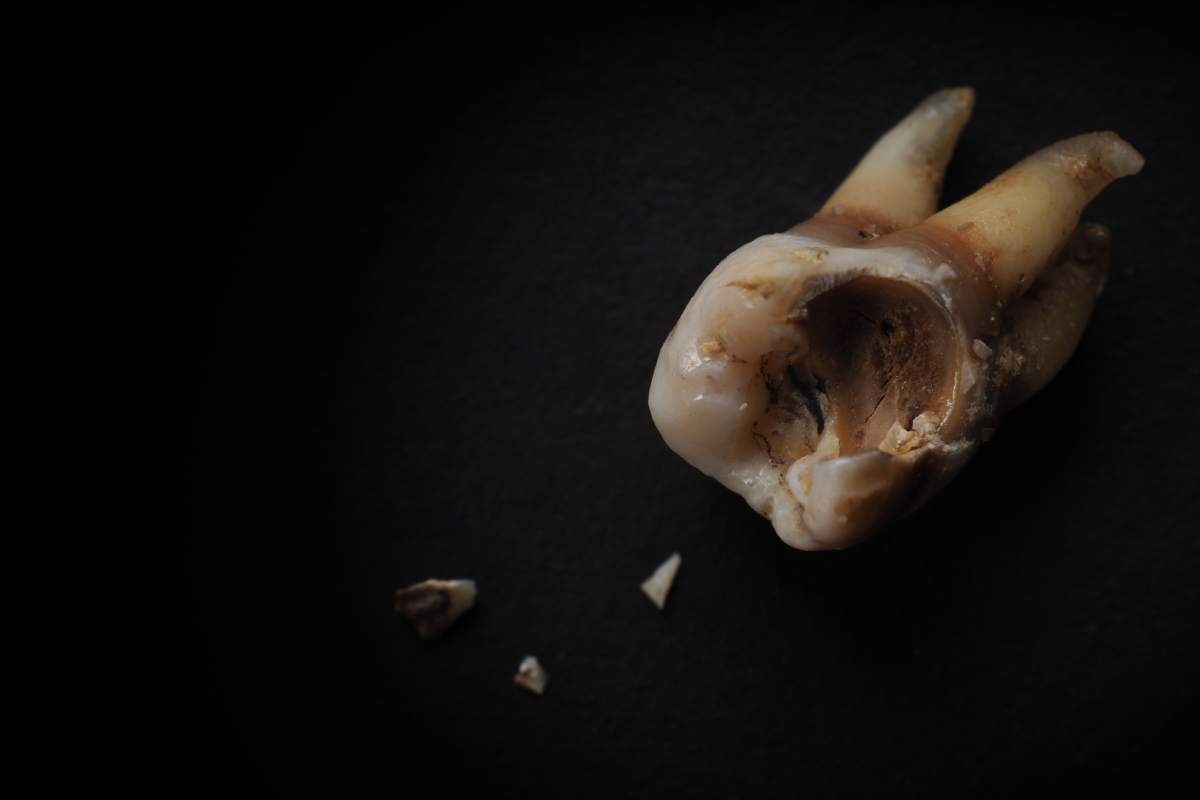Understanding the cause of these holes, the potential dangers, and the importance of treatment is essential for maintaining good oral health.
Finding a hole in your teeth can be alarming, and it’s a common dental problem many people face. Holes in the teeth are typically caused by cavities (also known as dental caries), which develop due to tooth decay.
Understanding the cause of these holes, the potential dangers, and the importance of treatment is essential for maintaining good oral health.
What Causes Holes in Teeth?
The primary reason for holes in teeth is tooth decay, which occurs when plaque builds up on the surface of the teeth and produces acid that erodes the enamel. This process leads to small holes or cavities that can progressively worsen if left untreated. Several factors contribute to tooth decay and the formation of these holes:
- Poor Oral Hygiene: If you don’t brush and floss regularly, plaque and bacteria can accumulate on your teeth, leading to cavities.
- Diet High in Sugar and Carbohydrates: Foods and drinks rich in sugar and refined carbs feed harmful bacteria in your mouth, leading to acid production that damages enamel.
- Dry Mouth: A lack of saliva can reduce the natural cleansing of teeth and promote the growth of harmful bacteria.
- Frequent Snacking: Constantly snacking without cleaning your teeth allows acid to build up and attack the enamel.
- Genetics: Some people are more prone to cavities due to genetic factors that influence the strength of their enamel or saliva production.
- Acidic Beverages: Sodas, citrus juices, and energy drinks are highly acidic and can erode tooth enamel over time, creating holes.
- Teeth Grinding (Bruxism): Over time, grinding your teeth can wear down the enamel, making your teeth more susceptible to cavities and damage.

Signs of a Cavity or Hole in Your Teeth
Holes in teeth usually start small, making them difficult to detect at first. However, as the decay progresses, several symptoms may indicate the presence of a cavity:
- Tooth Sensitivity: A common sign of cavities is sensitivity to hot, cold, or sweet foods. If you feel a sudden sharp pain when consuming these items, it might be due to a hole in your tooth.
- Visible Holes or Dark Spots: Once a cavity has progressed, it may become visible as a dark spot or hole in the tooth. The size and colour can vary.
- Toothache: Persistent pain, especially when chewing, can indicate that the decay has reached deeper layers of the tooth, affecting the nerves.
- Bad Breath: Decaying teeth can harbour bacteria, leading to chronic bad breath that won’t go away even with brushing and mouthwash.
- Discolouration: You may notice that the surface of your tooth has started to discolour, becoming brown, black, or white in spots where the enamel has eroded.
Is Having a Hole in Your Tooth Dangerous?
Yes, having a hole in your tooth can be dangerous if left untreated. Here’s why:
- Progressive Decay: Cavities don’t heal on their own. Once a hole forms, it will continue to get larger, potentially affecting the deeper layers of the tooth, including the dentin and pulp. This can result in severe pain and further damage.
- Infection: A cavity that reaches the pulp (the innermost layer of the tooth containing nerves and blood vessels) can cause a bacterial infection known as an abscess. This is not only painful but can also spread to other parts of your body if not treated promptly.
- Tooth Loss: Without proper care, severe tooth decay can lead to the need for a root canal, or worse, the tooth may need to be extracted. This can impact your ability to chew and affect the alignment of your other teeth.
- Gum Disease: Holes caused by cavities can contribute to gum disease (gingivitis or periodontitis) by allowing bacteria to settle into the gums, which can lead to inflammation, bleeding, and receding gums.
- Systemic Health Risks: There is growing evidence that oral health is closely linked to overall health. Untreated dental infections can potentially increase the risk of conditions such as heart disease, diabetes, and respiratory infections.

How Are Cavities Treated?
The treatment for a cavity depends on the severity of the decay. Here are common treatments for holes in teeth:
- Fillings: For early-stage cavities, your dentist will remove the decayed portion of the tooth and fill it with materials such as composite resin, amalgam, or ceramic.
- Crowns: If the hole is large and the tooth is weakened, a dental crown may be placed over the tooth to restore its strength and function.
- Root Canal: When decay reaches the pulp, a root canal procedure is necessary. The infected tissue is removed, and the root canal is filled and sealed. A crown is often placed on top.
- Tooth Extraction: In severe cases where the tooth cannot be saved, it may need to be extracted. After extraction, a replacement option such as a dental implant or bridge can be considered.
How to Prevent Holes in Your Teeth
Preventing cavities and holes in your teeth is primarily about maintaining good oral hygiene and making healthy lifestyle choices. Here are some practical tips:
- Brush and Floss Regularly: Brush at least twice a day with fluoride toothpaste, and floss daily to remove food particles and plaque from between your teeth.
- Limit Sugary Foods and Drinks: Reducing your intake of sugar, chocolate and processed carbs can help minimize the risk of cavities. Choose water, unsweetened tea, or milk over sugary sodas and juices.
- Use Fluoride: Fluoride strengthens tooth enamel, making it more resistant to acid. Consider using fluoride toothpaste or rinses, and ask your dentist about fluoride treatments.
- Regular Dental Checkups: Visiting your dentist every six months for professional cleanings and exams can help detect cavities early before they worsen.
- Drink Plenty of Water: Water helps wash away food particles and neutralize acids in your mouth. Staying hydrated also promotes healthy saliva production.
- Avoid Frequent Snacking: Limiting snacks between meals gives your teeth a break from constant acid exposure.

When to See a Dentist
If you suspect you have a cavity or notice a hole in your tooth, it’s essential to see a dentist as soon as possible. Even if you’re not experiencing pain, early intervention can prevent more severe damage. Regular dental checkups can also help catch cavities in their early stages, even before they become visible or symptomatic.
Conclusion
Having a hole in your tooth, typically caused by decay, is a serious issue that can lead to pain, infection, and tooth loss if not treated promptly. While it may start as a small, painless spot, it can quickly escalate into a much more significant problem that affects your overall health.
The good news is that cavities are preventable and treatable with proper dental care. By maintaining good oral hygiene, visiting your dentist regularly, and making smart dietary choices, you can protect your teeth from holes, avoid paying for dentures and ensure a healthy smile for years to come.
